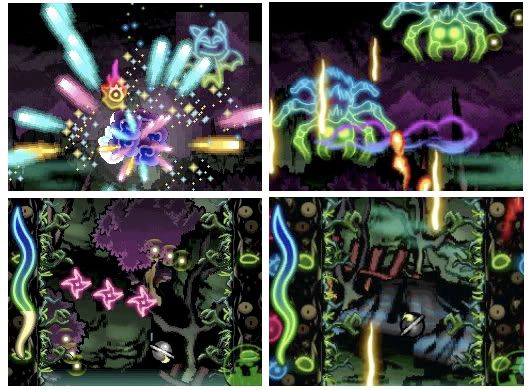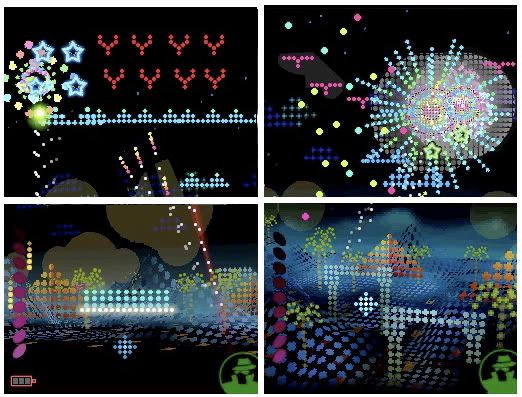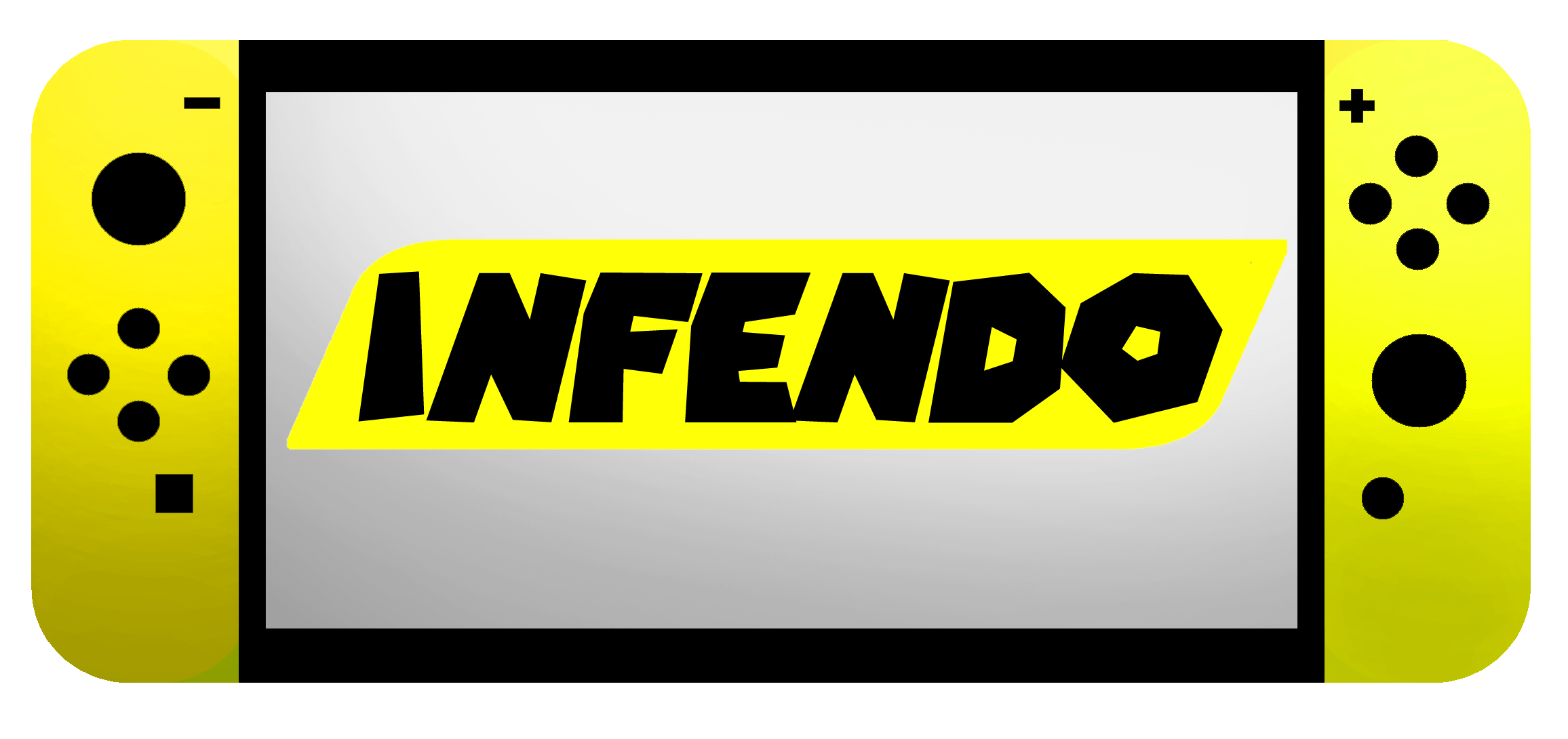 Sometimes, the best games are the ones you didn’t see coming.
Sometimes, the best games are the ones you didn’t see coming.
Those games are special. Without media hype or a franchise to which they can attach, they fly under the radar, and no one seems to notice.
Big Bang Mini is one of them.
I’ll be honest. After the game cartridge made that satisfying, springy click into my DS, the last thing I expected was to be blown away. The game’s generic title didn’t exactly help matters, either.
Big Bang Mini? It’s like one of the developers pulled a handful of wooden letters from a Scrabble bag and did the best they could.
But then I started playing.
I was greeted by one of the prettiest menu displays I’ve ever seen. Fireworks cover the top screen with dazzling explosions of color while a beautifully stylized sky scrolls behind. The words “Big Bang Mini” are written in front of the kaleidoscopic scene in an appealing white font, and suddenly, the title doesn’t seem as lame as I’d thought.
Once my eyes drifted away, I noticed the bottom screen — Big Bang Mini is absolutely stuffed with content. You can scroll through eight options, each elegantly depicted by a bright, boldly colored icon:
An effective tutorial, the main arcade mode, a challenge mode with online leaderboards, a wireless single-card multiplayer mode, a relax mode sans enemies, an objective-based mission mode and more. Big Bang Mini even has an alarm clock mode with the description, “if you hated the music, here’s a quick way to wake up.”
With so many options, Big Bang Mini is a tremendous value and an absolute bargain for the required $20 entry fee. Unlike some games that heap on multiple modes, you’ll actually want to explore most of them in Big Bang Mini because the core gameplay is so much fun.
Like any great game, it’s the highlight of the entire package.

Big Bang Mini is best summarized as a fireworks-themed shooter, similar in design to the classic “shoot ’em up” games your parents spent thousands of quarters on inside crowded arcades during their teenage years. You control a small “ship” with your stylus and shoot at enemies on the top screen by flicking the stylus upward.
If you have any questions, ask your parents.
Big Bang Mini takes this standard “shoot ’em up” formula and adds its own unique twists. For starters, you’re shooting fireworks — they propel onto the top screen ahead of a fiery tail and explode with an arresting display of color. Because your fireworks are not fired from the object you control, you can launch them from any location and angle on the touch screen regardless of where your “ship” is.
Despite the beautifully chaotic display of enemies and fireworks on the top screen, you need to watch the touch screen just as closely. You must avoid enemy fire coming from the top screen as well as glowing debris from your own fireworks. From each firework you launch that misses an enemy, burning particles will gently fall to the touch screen and immediately end your game upon contact.
You also need to watch for glowing stars that fall from defeated enemies on the top screen. To finish each level, you need to collect enough stars to fill the meter on the touch screen. Miss stars, and you won’t progress no matter how many enemies you’ve destroyed.

Big Bang Mini is entirely touch-based, and it works tremendously well. Drag your ship to avoid particles and collect stars, flick upward to fire your own aerial explosions, draw symbols to summon special powers like protection shields and particle-sucking vortices — Big Bang Mini’s control scheme exemplifies what the DS is all about.
In addition to utilizing the system’s strengths, however, Big Bang Mini also makes the most of the weaknesses inherent to the Nintendo DS. Despite weak hardware, the game looks stunning. Fireworks create a remarkably colorful display on the top screen, and while the glowing particles can kill you, they’re still captivating to watch.
The art style is equally outstanding, as each set of stages has a unique theme that provides an entirely different aesthetic from the collection prior. The enemies, the fireworks, the backgrounds and even your own “ship” — they change dramatically in appearance and style from world to world, making Big Bang Mini an ever-changing chameleon of vibrant colors and beautifully stylized visuals.
Because the look, rules and special powers are frequently changing, the gameplay never feels stale or tiresome. And despite a steadily increasing difficulty level that eventually borders insanity, Big Bang Mini never feels too frustrating, either. Because the stages are short, retrying them after losing doesn’t feel like too daunting a task.
Especially for $20, it’s tough to find any major flaws in this game.

“Innovative” is a word used far too loosely in the modern gaming landscape, but games like Big Bang Mini demand use of the term.
For that, developer Arkedo Studio deserves credit. Unlike most DS games, Big Bang Mini is a concept that wouldn’t work without touch control. As did similarly innovative software like Yoshi Touch and Go and Kirby Canvas Curse before it, Big Bang Mini delivers on the promise of new user experiences through radical new hardware.
That a DS game can feel this fresh five years into the console’s life-cycle is testament enough to what Arkedo has achieved with this very special game. Big Bang Mini has collected all four Infendo stars.


